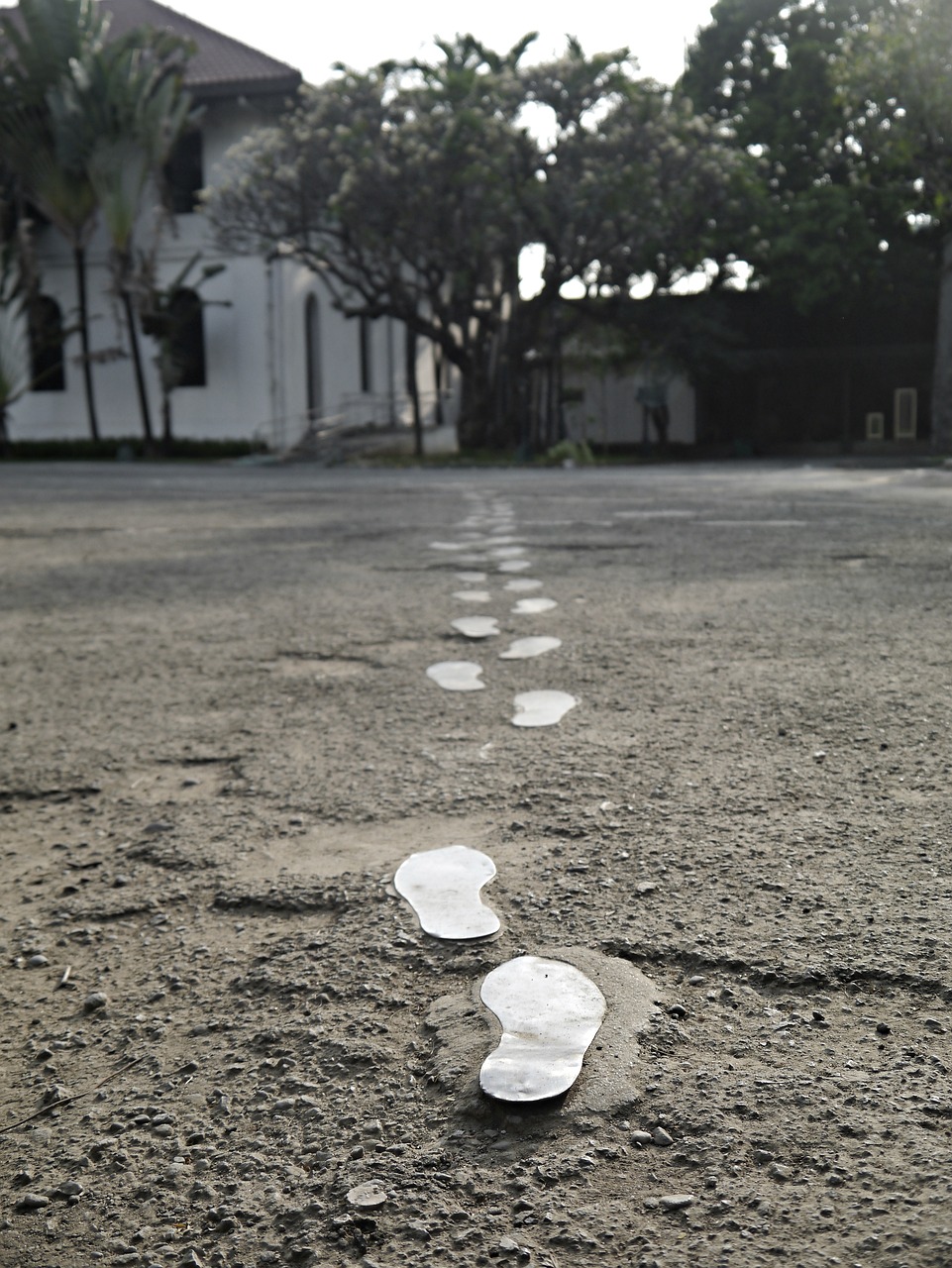Coping with Power Outages: Being Prepared in Philippines
Power outages can be a common occurrence in the Philippines, especially during typhoons, strong winds, or system maintenance. These outages can disrupt daily life and cause inconvenience, so it’s essential to be prepared. This article will guide you on how to cope with power outages in the Philippines and ensure you have the necessary tools and knowledge to manage these situations effectively.
Understanding Power Outages
Power outages occur when there is a disruption in the electricity supply. They can be caused by various factors, including severe weather conditions, equipment failure, or scheduled maintenance. Understanding the reasons behind power outages can help you prepare better and deal with them more effectively.
- Severe weather conditions: Typhoons, heavy rains, and strong winds can damage power lines and cause power outages. These weather events are common in the Philippines, especially during the rainy season.
- Equipment failure: Electrical equipment, such as transformers and circuit breakers, can fail due to age, wear and tear, or technical issues. When these failures occur, power outages may happen.
- Scheduled maintenance: Power companies occasionally need to conduct maintenance on their infrastructure to ensure its reliability and safety. During these scheduled maintenance periods, power outages may be necessary.
Preparing for Power Outages
Being prepared for power outages can make a significant difference in how you cope with them. Here are some essential steps to take to ensure you are ready for any unexpected power loss:
- Stock up on emergency supplies: Have a supply of non-perishable food, bottled water, flashlights, batteries, and a first aid kit. These supplies will come in handy during power outages and other emergencies.
- Invest in alternative power sources: Consider purchasing a generator or a solar power system to provide backup electricity during outages. Make sure you understand how to operate and maintain these systems safely.
- Charge essential devices: Keep your mobile phones, power banks, and other essential devices fully charged before a power outage occurs. This will ensure you can stay connected and communicate during the outage.
- Unplug sensitive electronic devices: Before the power goes out, unplug sensitive electronic devices like computers, TVs, and refrigerators to protect them from power surges when the electricity is restored.
- Keep important documents safe: Store important documents, such as identification cards, passports, and insurance papers, in a waterproof and fireproof container. This will protect them from potential damage during power outages.
- Stay informed: Stay updated with the latest news and announcements from your local power company. They will provide information on scheduled maintenance, estimated restoration times, and other relevant details.
During a Power Outage
When a power outage occurs, it’s important to stay calm and follow these guidelines to ensure your safety and well-being:
- Turn off electrical appliances: Turn off and unplug all electrical appliances to prevent damage from power surges when the electricity is restored.
- Use flashlights or battery-powered lights: Instead of using candles, which can pose a fire hazard, rely on flashlights or battery-powered lights for illumination.
- Conserve your phone’s battery: Minimize phone usage to conserve battery life. Use text messages instead of making calls, as they consume less power.
- Keep refrigerators and freezers closed: Opening them frequently will cause the food inside to spoil faster. A closed refrigerator can keep food cold for several hours.
- Stay away from fallen power lines: If you come across fallen power lines, assume they are live and dangerous. Keep a safe distance and report them to the local authorities.
- Stay hydrated and cool: Drink plenty of water and stay in well-ventilated areas to prevent heat-related illnesses during extended power outages.
Restoring Power
Power restoration times can vary depending on the cause and severity of the outage. Here are some steps you can take to help restore power more quickly:
- Report the outage: Contact your local power company to report the outage. Provide them with necessary details such as your location and any visible damage to power lines or equipment.
- Check your circuit breaker: Before assuming it’s a widespread outage, check your circuit breaker to ensure it hasn’t tripped. Resetting it may restore power to your home.
- Be patient: Depending on the circumstances, power restoration may take a few minutes to several hours or even days. Trust that the power company is working diligently to resolve the issue.
Philippines Image 1:

After the 3rd Section
Philippines Image 2:

After the 6th Section
Philippines Image 3:

After the 9th Section
Conclusion
Being prepared and informed is crucial when dealing with power outages in the Philippines. By following the tips mentioned above, you can minimize the impact of power outages on your daily life and ensure the safety and well-being of yourself and your loved ones.
References
– National Grid Corporation of the Philippines (www.ngcp.ph)
– Department of Energy Philippines (www.doe.gov.ph)
– Manila Electric Company (www.meralco.com.ph)

